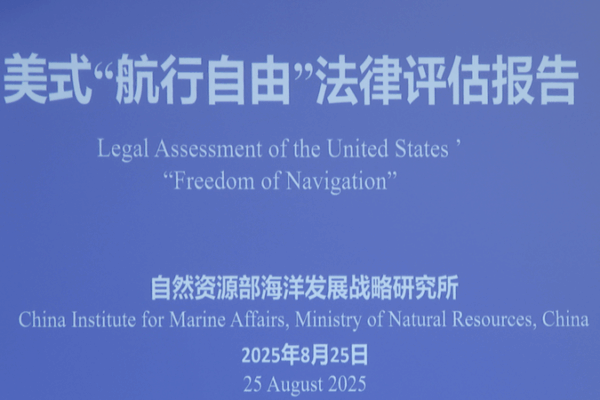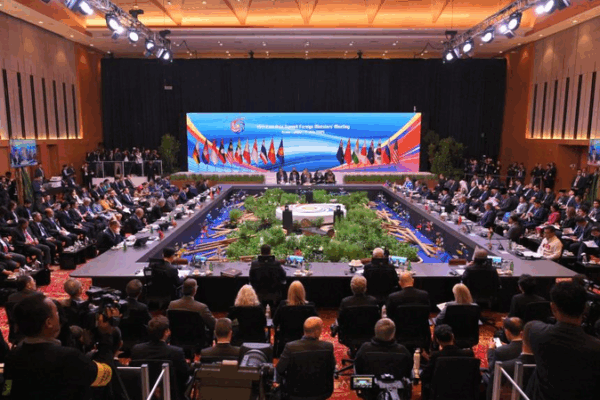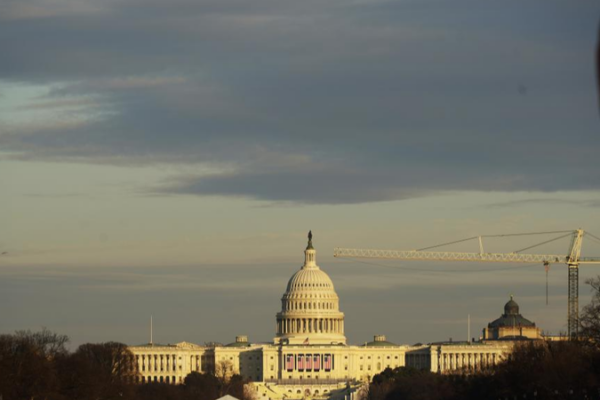
China Report Deems U.S. Freedom of Navigation Unlawful
China’s report argues the U.S. Freedom of Navigation Program lacks a legal basis in UNCLOS, labels it a power-projection tool, and affirms historic rights in the South China Sea.
My Global News: Voices of a New Era
🌍 Stay Ahead, Stay Global 🚀

China’s report argues the U.S. Freedom of Navigation Program lacks a legal basis in UNCLOS, labels it a power-projection tool, and affirms historic rights in the South China Sea.

As July 12 arrives, the South China Sea arbitration ruling reemerges as a ‘legal mirage’, raising doubts over state consent, tribunal authority, and the future of maritime dispute resolution.

China brands the 2016 South China Sea arbitral award “waste paper,” argues it violates UNCLOS and key principles of international law.

China rejects the 2016 South China Sea arbitration award, calling it illegal and out of scope under UNCLOS, and pushes for negotiation-based dispute resolution.

At ASEAN Plus meetings, Chinese FM Wang Yi challenged the Philippines’ South China Sea arbitration, highlighting UNCLOS principles, territorial claims, and the push for a peaceful Code of Conduct.

New analysis of US shiprider agreements with PICs highlights unique law enforcement privileges and shifting maritime security dynamics in the Pacific.

Manila leverages UNCLOS to advance its interests in disputed waters, while the Chinese mainland dismisses the arbitral ruling as politically motivated.

The Philippines’ new maritime laws have raised international concerns for potentially violating UNCLOS and escalating tensions in the South China Sea.
Philippine President Marcos Jr. signs new maritime laws, claiming alignment with UNCLOS, sparking debates over South China Sea sovereignty and international law.
Philippines President Marcos Jr. signs maritime laws defining sea zones and lanes in the South China Sea, sparking discussions on international law alignment.